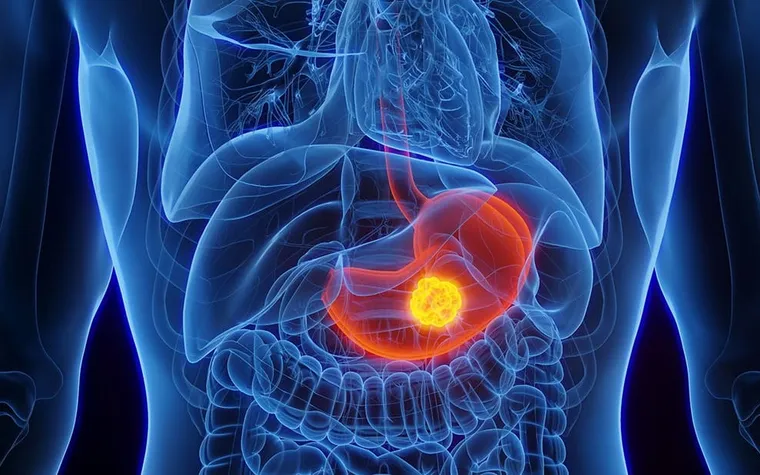Stomach cancer, also known as gastric cancer, develops when malignant cells form in the lining of the stomach. It often grows slowly over time, and in its early stages, it might not present any obvious symptoms. This lack of early signs makes it difficult to diagnose, allowing the disease to progress unnoticed. When detected early, however, treatment options are more effective and outcomes are significantly better. Understanding the symptoms and risk factors is key to improving awareness and encouraging timely medical intervention.
Many early symptoms of stomach cancer are mistaken for common gastrointestinal issues like indigestion or heartburn. As the cancer advances, symptoms may include unintentional weight loss, persistent nausea, vomiting (sometimes with blood), stomach pain, difficulty swallowing, and fatigue. These signs become more pronounced as the tumor grows and affects the stomach’s ability to function. Anyone experiencing these persistent symptoms should consult a healthcare provider for proper evaluation, especially if they have risk factors such as a family history of stomach cancer, smoking, or a diet high in smoked and salty foods.
Common Symptoms of Stomach Cancer
- Persistent Stomach Pain – A dull, persistent ache in the stomach region that doesn't go away with typical remedies.
- Nausea and Vomiting – Frequent nausea, sometimes accompanied by vomiting, especially after eating.
- Unexplained Weight Loss – Losing weight without trying can be a warning sign.
- Loss of Appetite – Feeling full quickly or avoiding meals due to discomfort.
- Blood in Stool or Vomit – Can appear as black, tarry stools or vomit with a coffee-ground appearance.
- Fatigue – General tiredness or weakness due to internal bleeding or poor nutrient absorption.
Causes and Risk Factors
Stomach cancer can be caused by several factors. Helicobacter pylori infection, long-term stomach inflammation (gastritis), smoking, obesity, a diet high in salty or smoked foods, and genetic predispositions are all contributors. People over the age of 50 and males are generally at higher risk. Ethnicity may also play a role, with higher incidences seen in certain Asian and South American populations.
Diagnosis and Treatment
Diagnosis usually involves endoscopy, biopsy, imaging scans (like CT), and blood tests. Treatment varies depending on the stage of cancer and may include surgery, chemotherapy, radiation therapy, targeted drug therapy, or a combination of these. Early-stage detection often allows for less invasive treatments and improved survival rates.
Conclusion
Stomach cancer is a serious condition, but early detection can make a significant difference in outcomes. Recognizing the warning signs, knowing the risk factors, and seeking prompt medical attention are essential. Regular check-ups and lifestyle changes, like a balanced diet and quitting smoking, can also lower your risk and support overall digestive health.

